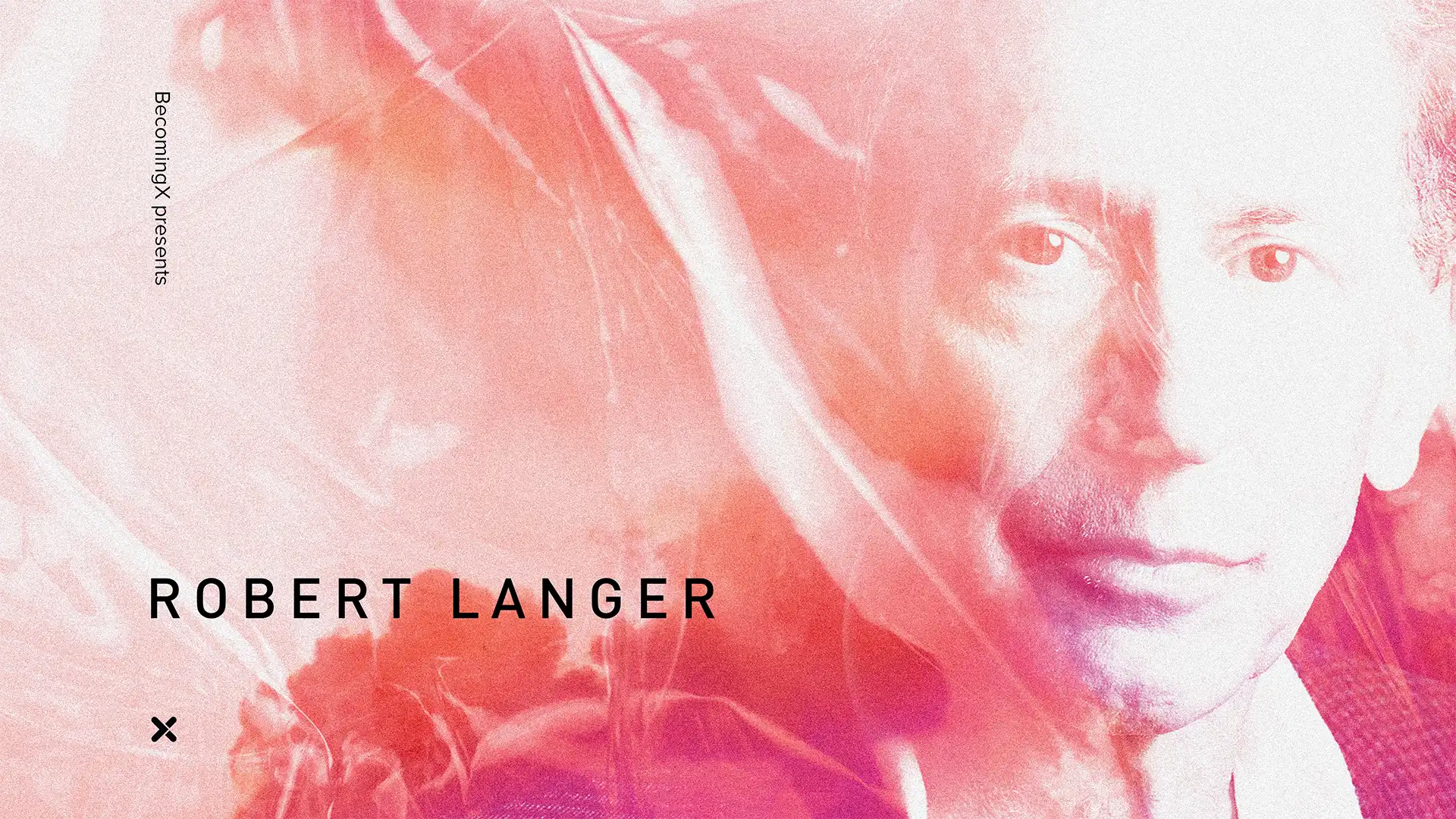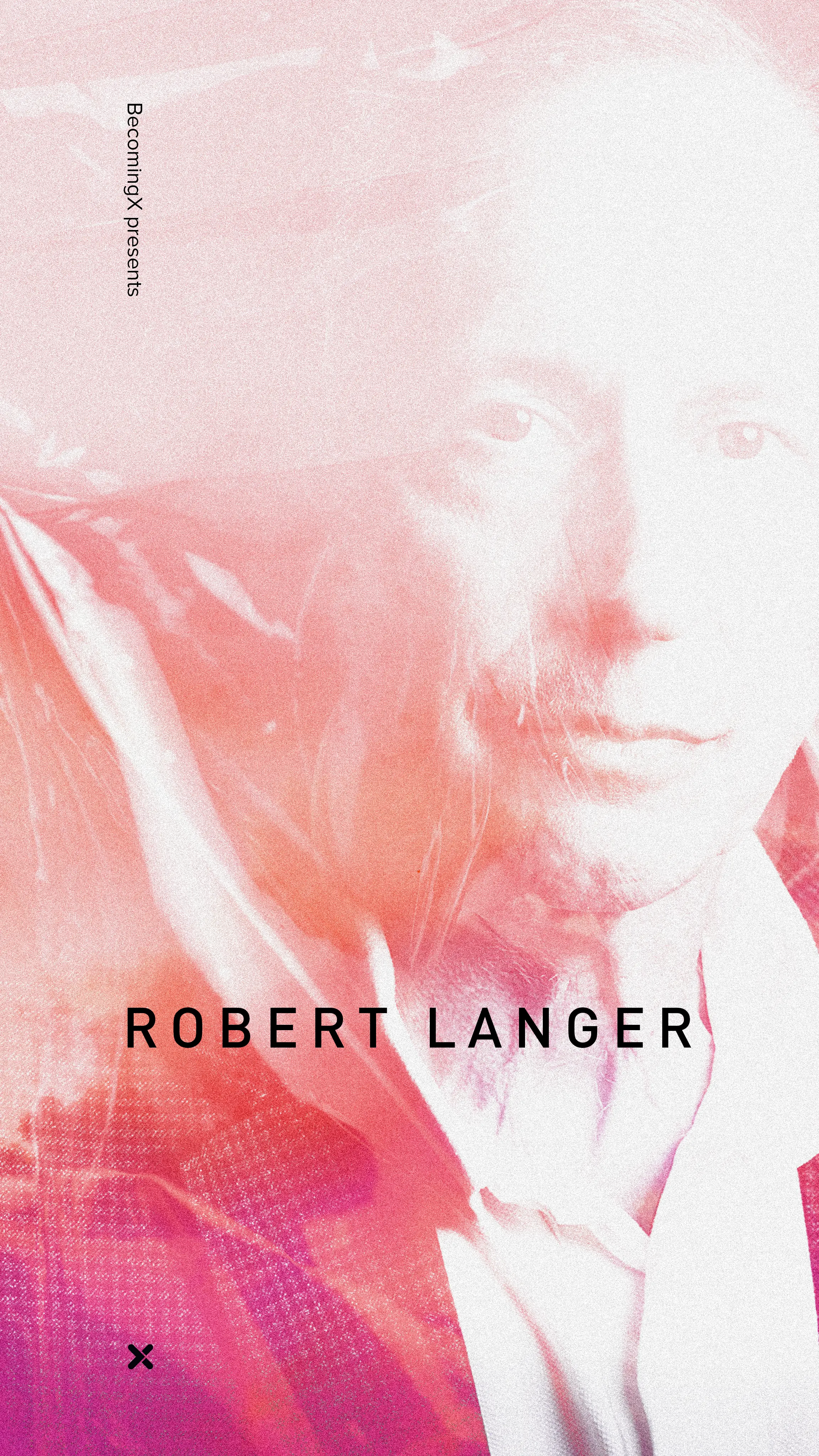

Robert Langer’s pioneering research has resulted in new drug delivery systems, new vaccines, and tissue engineering in regenerative medicine; innovations that have impacted the lives of hundreds of millions.
“I guess I’ve always seen my purpose is to help people. And I’ve got a lot of satisfaction from that…”
Growing up in Albany, New York, Langer worked incredibly hard at school. Though he found reading particularly challenging, he persevered and went on to study chemical engineering at Cornell University. But despite what some may assume this wasn’t a clear path he always knew he wanted to follow. When the pressure mounted to choose a major, he admitted he simply kept eliminating the subjects involving the things he wasn’t particularly good at. So chemical engineering it was.
Having graduated from Cornell and later MIT, Langer didn’t follow the path of his friends to high-paying jobs he had multiple offers for. No, what mattered most to him was using what he’d learnt to do something that would have a positive impact on other people’s lives. Langer stepped away from the norm and carved his own path, eventually being hired by a surgeon in Boston who took a chance on him and the alternative way he approached clinical problems.
Langer asked questions, challenged thinking, and faced obstacles head on. He wasn’t afraid to fail and failed a lot. This approach led him to huge leaps in the field of medicine. New treatments for brain cancer and other diseases. New drug delivery systems playing a role in medicines, including in the COVID-19 vaccine. Langer always followed his passion and encourages others to do the same.
Throughout his career he has remained committed to translating scientific discoveries into real-world applications. He has co-founded 40 companies to date, and on top of that won over 220 major awards and received honorary doctorates from over 30 top universities.
Awards and honours are one thing, but for Langer the joy comes from knowing the positive impact he has made. Acknowledging that with hard work, perseverance, and determination he truly made a difference.
Robert Langer – video transcript
I grew up in Albany, New York on a little street called Tudor Road in a not such a big house either. My dad ran a small liquor store and my mom was a homemaker and took care of me and my sister. One of the things that I still remember very well were, maybe eight or nine, my parents got me these presents. They had a Gilbert Erector Set where you could build this merry go round and a parachute jump. And then they had a microscope set where you could watch shrimp eggs hatch. And then they had this chemistry set which was probably the thing I liked the most. I mean there were all these little bottles of, of different chemicals. You know you'd mix couple chemicals together and some reaction would occur or colour would change. And to me it was like magic.
I've worked very hard my whole life, I mean I've never felt like I was that smart or anything else, but then I, I have this I guess what I'd call attention deficit disorder. They didn't have a name for it then. So I'd have to read things over and over again to, you know, really understand them.
I'd like to say that the reason I studied chemical engineering is because I really knew from the beginning that that would be what I'd want to do but that wouldn't be true. I went to Cornell as an undergraduate. I had to make a decision at the end of the year what I was going to major in. And I was so bad at all the things that, you know, physics and all those kinds of things that I just kept eliminating all the things that involved that, like engineering, physics, or mechanical engineering. And, and I did like chemistry. And so I chose that. So it was almost a process of elimination.
After I went to Cornell, I went to MIT and when I was at MIT one of the things that I spent a lot of time doing was helping start a school for poor high school children in Cambridge. And I really liked that. I felt like I could make math interesting. I felt like I could make science interesting. But pretty much all my friends went to the oil companies. They had high paying jobs and they kept coming to campus. And then they invited me to, you know, go to the different oil companies.
So I did these interviews, but then when I fly back to Boston and I think to myself boy they want me to increase the yield of this petrochemical by 0.01%. I thought, do I really want to spend my life doing that? I didn't know exactly what I did want to do but I wanted to an impact on people's lives. So I decided after getting a good 20 job offers to not accept any of them.
So I started to think what other way could I help people with my chemical engineering education? And I thought about medicine. So I wrote to a lot of hospitals and medical schools, but they didn't write me back. Then one day I walked into the lab and one of the older scientists there said that there's a surgeon in Boston named Judah Folkman. And they said sometimes he hires unusual people. So I wrote to him and he was nice enough to call me up and I went over there and he offered me a job.
I learned so much, it was almost like being a kid in a candy shop. I'd see all these different problems that clinicians were trying to solve. And because I was an engineer I looked at it differently and came up with solutions that, that they weren't coming up with, that in some cases were better. I started thinking about well why can't you do chemical engineering design? Why can't you ask the question? What do you really want in a biomaterial from an engineering standpoint, chemistry standpoint, biology standpoint, and design it from scratch? That ended up being a very different way of thinking. And it led to new materials that we would then synthesise and design and a number of them have become, you know, widely used and have led to new treatments for brain cancer and other diseases.
In terms of the work I've done that's the most impactful I suppose it would be the drug delivery work but in particular, the early discoveries and findings that you could create microparticles and nanoparticles that could deliver molecules of any size. And that has ended up playing a role in a lot of different medicines, including even today with the COVID vaccine. If you didn't have tiny particles, in this case lipid nanoparticles the messenger RNA vaccines wouldn't work. I think that that certainly has had a big impact on the world. I mean, it's a lot more than just me but that was something that I helped get started.
I guess I've always seen my purpose is to help people. And I've gotten a lot of satisfaction from that. Helping people by teaching and I hope explaining things reasonably well. Helping people by thinking about research that could make a difference. And finally, you know inventing things and trying to bring those things not just to do the basic research which I really enjoy, but taking that basic research and bringing it to the world through patenting things, starting companies, helping companies, helping the Government, all those kinds of things.
I'm more proud of the fact that the work we've done and the people we've trained have done good things than I am of the fact that, you know, I ended up making some money in the long run. I mean, I never really expected that.
If I had to give one piece of advice, I think the most important thing is to follow your passion. That's probably the single most important thing I can think of. I think that you want to dream big dreams. I think you also need to recognise that you're going to probably run into a lot of obstacles if you do that. And then I think you have to have a lot of perseverance, whatever those obstacles are, to, you know, push their way through them, to walk through walls if they have to to get the things that they believe in and care about to work.
I failed far, far more than I've succeeded. No chemical engineering department in the country would hire me. I got my first nine grants rejected but I believed in what I was doing. I thought it was important. So I kept trying.
The thing I think I enjoy the most about medicine engineering is knowing and seeing firsthand sometimes that we've made a difference in people's lives. I don't know how many people have thanked me because of say the Moderna vaccine or other treatments they've had. Seeing that we could improve people's lives, that's been a great thing to witness.
END CARD
Robert Langer became the most cited engineer in history and one of the world's most celebrated Professors.
He has won over 220 major awards, co-founded 40 companies to date, and received honorary doctorates from over 30 top universities.
His pioneering research has resulted in new drug-delivery systems, new vaccines and tissue engineering in regenerative medicine; innovations that have impacted the lives of hundreds of millions of people.